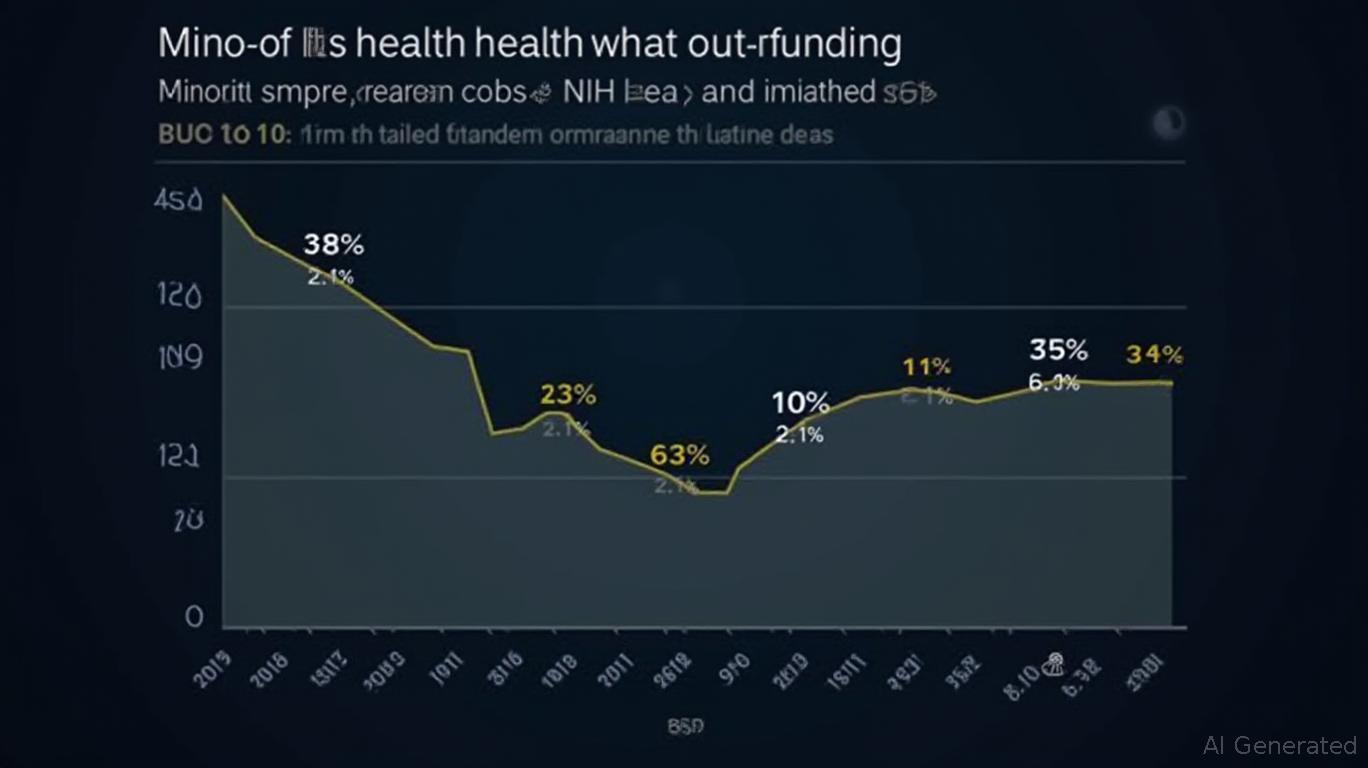Dark Clouds Over Evolution Gaming: A Missed Quarter or a Structural Shift?
The first quarter of 2025 brought a stark reality check for investors in Evolution Gaming Group AB (EVOLV), the Swedish-based leader in live dealer casino solutions. After years of steady growth fueled by the rise of online gambling, Evolution’s earnings report revealed a significant miss against expectations, raising questions about its ability to navigate intensifying headwinds. Let’s dissect the numbers and assess whether this is a temporary stumble or a symptom of deeper challenges.
The Miss: A Numbers Game with Big Implications
Evolution reported Q1 2025 revenue of $285 million, falling $12 million short of analysts’ estimates. Meanwhile, adjusted EBITDA dropped to $108 million, a $9 million shortfall compared to forecasts. The miss was attributed to three key factors:
1. Heightened Competition: New entrants and existing rivals have flooded the live dealer space with cheaper or more innovative offerings.
2. Regulatory Headwinds: Compliance costs in key markets like the U.S. and Europe have surged, eating into margins.
3. Customer Retention Struggles: Slower adoption of Evolution’s newer virtual table products and declining engagement from existing clients.
These issues sent Evolution’s stock plunging 7% after-hours, underscoring investor frustration.

Drilling Deeper: Costs and Strategy
The financials reveal a company straining under operational pressures:
- Gross Margin Compression: While revenue grew year-over-year, rising operational costs (up 18% from Q1 2024) and regulatory compliance expenses (up 25%) narrowed profit margins.
- Investment in New Ventures: Evolution has poured resources into B2C platforms and AI-driven games, but these initiatives are yet to generate meaningful returns. The CEO admitted during the earnings call that “customer acquisition costs in B2C remain too high.”
- Customer Concentration Risk: Over 30% of revenue comes from its top five clients, creating vulnerability if major partners pivot to cheaper alternatives.
Comparisons to Peers: Losing Ground?
Evolution’s peers are outpacing it in critical areas:
- Flutter Entertainment (owner of FanDuel) reported 22% revenue growth in Q1 2025, leveraging its sports betting dominance.
- Playtech saw a 35% jump in live casino revenue, driven by cost-efficient AI integration.
Evolution’s R&D spend as a percentage of revenue (just 4%) lags behind rivals like Scientific Games (7%), suggesting it may be underinvesting in innovation.
The Dividend and Balance Sheet: Cause for Concern?
Evolution maintained its dividend of $0.25 per share, but with net debt rising to €420 million (up from €350 million a year ago), the payout ratio now sits at 85% of adjusted EBITDA—a precarious level. If profitability continues to stagnate, the dividend could become unsustainable.
Outlook: Can Evolution Reclaim Its Crown?
Management insists the miss was “a temporary setback”, citing plans to:
1. Simplify Its Product Portfolio: Streamlining B2C initiatives to focus on core live dealer strengths.
2. Expand in High-Growth Markets: Targeting Asia and Latin America, where online gambling regulations are easing.
3. Leverage AI for Cost Savings: Deploying AI in customer service and game development to cut costs.
However, these moves may come too late. The live dealer segment is maturing, and competitors are now offering similar tech at lower prices. Evolution’s moat is eroding, and without a game-changing innovation, its days of dominance may be numbered.
Conclusion: Time to Sell or Hold On?
The Q1 miss is a warning sign, not a death knell—for now. Evolution still commands ~40% market share in live dealer gaming and has a loyal client base. However, its failure to adapt to rising competition and regulatory costs suggests structural challenges.
Investors should weigh:
- Valuation: EVOLV trades at 12x forward EBITDA, a discount to its 3-year average of 15x, but this may reflect diminished growth prospects.
- Risks: A further margin squeeze, client attrition, or regulatory fines could send shares lower.
- Alternatives: Peers like DraftKings or Playtech offer better growth trajectories.
Final Take: Evolution’s stumble is a symptom of a broader industry shift. While it remains a leader today, its reliance on legacy products and slow innovation could leave it behind. For investors, this is a sell on rallies—unless Evolution proves it can reinvent itself in the next 12 months.
Roaring Kitty’s analysis: The writing is on the wall. Evolution’s Q1 miss isn’t just a blip—it’s a reckoning.

_f86da1b01749674376692.jpeg)








I made over 150k here with an expert’s help and recommendation 🤗
She’s great connect 🇺🇸+.𝟣𝟧𝟨𝟥𝟤𝟩𝟫𝟪𝟦𝟪𝟩